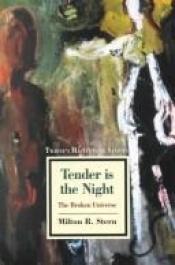All Quiet on the Western Front: Literary Analysis and Cultural Context (Twayne's Masterwork Studies)
Blurb
Published in 1929, Erich Maria Remarque's All Quiet on The Western Front stands as the very epitome of a timeless antiwar novel. Grounded in the writer's own experiences serving in the German army during World War I, the novel gives voice to Remarque's pacifist sentiments through its deeply affecting portrayal of footsoldier Paul Baumer, the book's sensitive yet disillusioned antihero. All Quiet, which on publication achieved resounding artistic and popular success in Germany, France, and the United States, remains a classic rendition of the tragedy of war, a stunning commentary on the importance of human life over the political and military squabblings of nations.With this first book-length study of All Quiet on the Western Front, scholar Richard Arthur Firda offers readers an expertly crafted, supremely accessible guide to exploring and interpreting Remarque's masterpiece. Commencing with a section that places the novel in its historical and literary context, the study furnishes useful background information on the writer's life and career. "A Reading" then presents a careful analysis of All Quiet - its autobiographical elements, its style and characterization, and its two sequels. Of special note is the book's astutely drawn concluding section, "A Wider Context," which looks at Remarque's works following his exile from Nazi Germany and his subsequent residency in Switzerland and the United States; considers the widely heralded 1930 American film adaptation of All Quiet; and assesses the novel in relation to other German war fiction of the period. An engrossing, long-needed examination of a masterwork of world literature, All Quiet on the Western Front: Literary Analysis and Cultural Context represents a singular resource for students, scholars, and general readers.

 English
English Español
Español Deutsch
Deutsch










Member Reviews Write your own review
Be the first person to review
Log in to comment